 Modern-day science is a collaborative enterprise. That’s true of most other professions as well, so learning to work and solve problems with others is important. Yet, the grades students receive in their science classes are still usually dependent on their individual answers to test questions. Collaboration = cheating.
Modern-day science is a collaborative enterprise. That’s true of most other professions as well, so learning to work and solve problems with others is important. Yet, the grades students receive in their science classes are still usually dependent on their individual answers to test questions. Collaboration = cheating.
This summer I was at the new Western Conference on Science Education that is now going on my favorites list. Organized by Tom Haffie and fellow faculty at the University of Western Ontario, the conference is a small, friendly venue focusing on science education research that produces practical teaching advice. One presentation I found particularly interesting was by a group at the University of British Columbia that is experimenting with ways of incorporating collaboration into traditional assessments.
The UBC formula for collaborative testing is spelled out in a forthcoming paper by Gilley and Clarkston in J. College Science Teaching. They start with a traditional exam. Students take this exam individually, as usual, and turn it in. Then they divide students up into groups of 4 and have them repeat the exam as a group. The group version of the exam can then add up to 15% to each individual’s score (enough to be worth taking seriously, but not enough to swamp each individual’s own independent score).
Apparently this technique is used quite widely at UBC, and they find significant improvements in students’ learning and retention of material as a result. I’d speculate that this might be because, unlike a typical exam, students are immediately getting feedback on whether their own, individual understanding of the material is actually correct. There is a lot of evidence that immediate feedback, especially in a pressure situation such as taking a test, is really helpful for learning. At SimBio, we’ve been inspired by that evidence to work on increasing the sophistication of the immediate feedback our software offers students through our cyberlearning grant. The fruits of that work are starting to appear in our Darwinian Snails lab that explores natural selection and our Mendelian Pigs lab that explores both Mendelian and population genetics. As with collaborative testing, we’re hoping to see such immediate feedback lead to better learning.
If you’re interested in collaborative testing, the team at UBC has a useful cheat-sheet of tips on how to effectively conduct collaborative exams. You might contact Bridgette Clarkston who presented this work at the Western conference, or look for their paper when it comes out. It seems a very intriguing new testing strategy.
Reference
Gilley, B and B. Clarkston. in press. Collaborative testing: evidence of learning in a controlled in-class study of undergraduate students. J. College Science Teaching.







